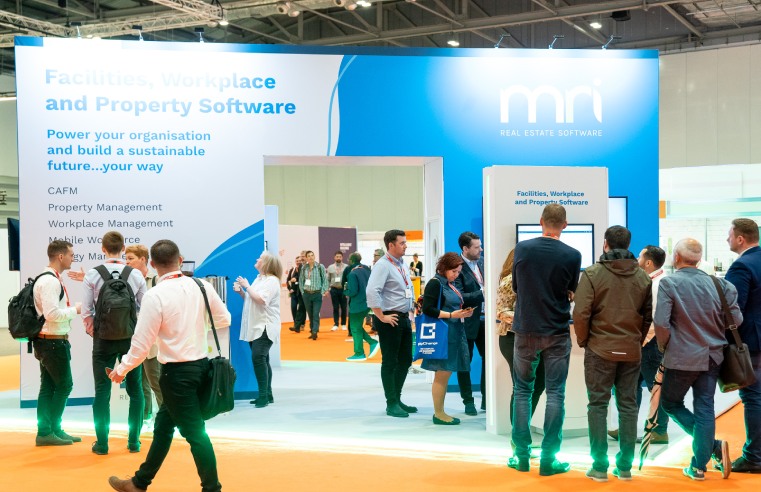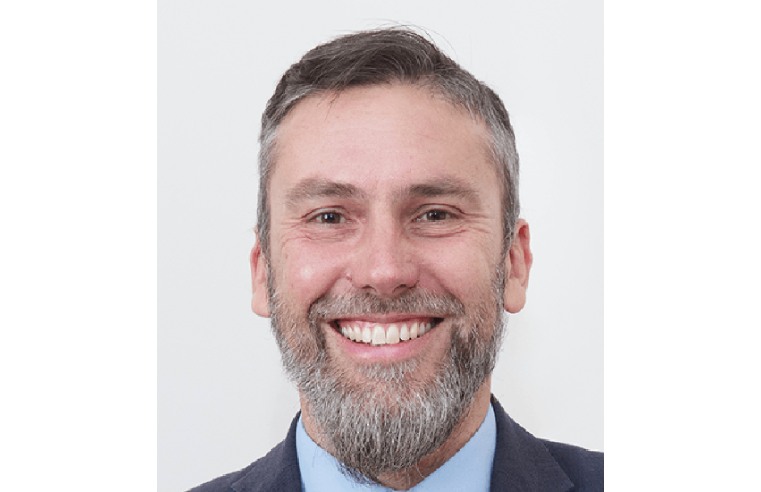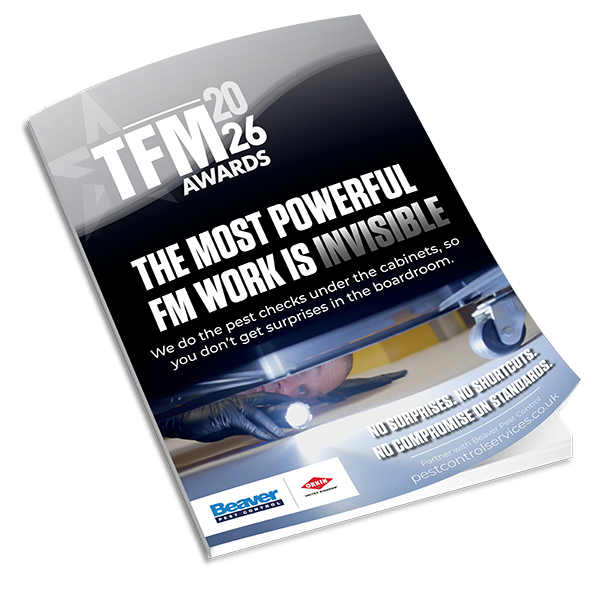Clean air technologies and strategies should be adopted by every healthcare facility in the UK in the wake of the Covid-19 pandemic, according to the Building Engineering Services Association (BESA).
Information is emerging rapidly about how the coronavirus can be spread around buildings leading indoor air quality (IAQ) experts to agree on the need for more proactive measures to tackle airborne contaminants and to manage air flows to keep patients and healthcare workers safe.
Speaking during BESA’s latest daily Covid-19 update webinar, air cleaning expert Richard Greenwood of technology firm Radic8 said the ventilation industry had a crucial role to play both during and after the pandemic.
“We know the virus is airborne and the distance it travels depends completely on the air flow,” said Greenwood. “We need to combine ventilation strategies with plug and play clean air technologies to get on top of the threat. Airflow direction is key as we need to pull the air away from patients and those treating them.”
Purification
Greenwood told the BESA webinar that a single sneeze can release up to 40,000 virus laden droplets into the air and each droplet can travel more than eight metres at a speed of 320 km/hr. The virus can remain airborne for up to three hours.
Wearing masks and washing hands will help control the spread, but are not enough on their own and need to be supported by air purification and sterilisation devices, he said.
Filtration also plays an important role, but HEPA filters are not designed to capture virus-sized particles and need to be supplemented by more rigorous cleaning regimes, according to Greenwood.
“We now have evidence that microbial contaminants will grow on filters in 14 days and these either need to be tackled by more regular filter changes or by increased cleaning,” he said. “UV radiation is one option for killing the microbes.”
Swab testing will be needed to gauge the level of contamination building up inside ductwork and air handling units that might then be spread around occupied spaces, but Greenwood also called for a wholesale change to cleaning strategies.
“A lot of people are using very harsh chemicals, which has a knock-on effect for allergic conditions like asthma,” he told the BESA webinar. “We need to increase our use of probiotics, which work on the principle of bringing indoor spaces to life rather than just killing everything – both good and bad.”
BESA Chief Executive David Frise, who chaired the webinar, said the evidence presented by Greenwood showed that the ventilation hygiene industry would play a crucial part in making buildings safe particularly when the country started to emerge from lockdown.
An online poll conducted during the webinar also revealed that 70% of attendees recognised that ventilation had a role to play in combating the coronavirus and 73% believed there would be some changes to the way ventilation was used in the UK as the result of the current crisis.
BESA’s Health & Wellbeing in Buildings group added that it would be working to capture best practice from around the world to inform guidance and benchmarks for the UK ventilation industry to follow in the wake of the Covid-19 crisis.



































